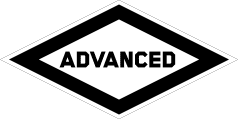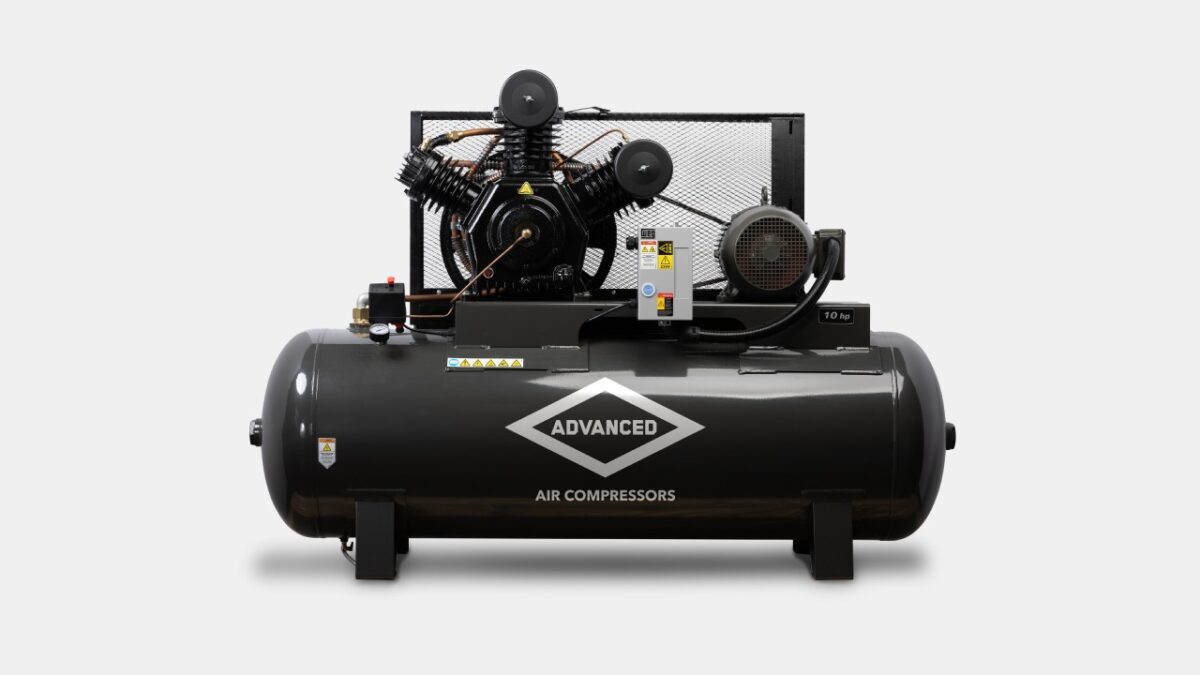Choosing between an oil flooded industrial air compressors and an oil-free one isn’t as easy as it used to be. Things that need to be considered before choosing is what is best for the application and what the overall life cycle costs are in comparison, maintenance and repair costs are considerably different, and both types have their own pros and cons.
Maintenance
Oil-flooded air compressors not only need to have their oil levels properly checked and maintained, but they also need to have oil and filter changes on a regular basis – much like cars. This means that you must ensure that someone does these interventions. If you don’t have a dedicated maintenance person, you may want to consider doing this yourself or scheduling a routine service. It is very easy to forget to check and/or change the oil and filters as often as is required.
If these maintenance tasks are forgotten about or neglected, it will surely decrease the efficiency of the air compressor and compromise the reliability. As with cars, a compressor that runs without sufficient quantity or quality of oil and filtration will lead to very costly air compressor services, and likely, major repairs.
Oil-free air compressors do not need this same level of attention to the oil, because some don’t need any oil or the fluid that is used is less depended on. This is done with friction-producing parts that are coated in Teflon or made of self-lubricating materials or using water for cooling. Other methods of oil-free lubrication may also be used.
Air Contamination Concerns
One of the biggest issues with oil air compressors is that the oil will end up in the air. Whether this will be a problem for you depends on whether this oil will damage the equipment that is being powered by that air, if oil contamination will harm a product or process.
Products like foods and medicines are especially sensitive and must have no contamination at all. Meanwhile, applications like auto shop or metal fabrication are usually very tolerant to contamination, not only from compressor oil but other contaminants, like water or dust. Because of these differences, it is important to think of your application’s requirements when deciding which type of industrial air compressor to buy and utilize.
It is important to note that while water-cooled air compressors won’t have oil contamination in their air, they often release water into it instead. If you need the output air to have nothing in it but air itself, go for a machine with Teflon-coated or other self-lubricating parts that do not require any fluids at all and make sure to implement the necessary external dryers and filtration.
Durability
While oil-free air compressors have become much more durable than they used to be, durability is still a concern. In an oil-lubricated air compressor, the oil is changed when, or before, it wears out. If the maintenance is done on the right schedule, then the parts that the oil protects will be fine.
Meanwhile, the protective coatings on the internal parts of oil-free air compressors do eventually wear out, and there is no way to restore the protection. This means that eventually, an oil-free air compressor will need to be replaced. Typically, multiple oil-free air compressor parts will wear out and fail at roughly the same time, making it so that air compressor repair is not cost-effective when this happens.
Loudness
Oil-lubricated air compressors are often quieter than their oil-free counterparts. This is because oil is generally a better lubricant than the alternatives, making it so there is less friction between the parts inside the machines. If noise level is a concern to you, go for the oiled version if your application can accept some oil contamination in the air.
Cost
Oil free compressors typically cost more to purchase up front but can produce less maintenance costs going forward due to less fluid changes and requiring no oil removing filtration.
Size
Size is another factor that influences which type of air compressor to buy. Usually it’s easier to find oil flooded models of air compressors and smaller oil-free ones. However, if your company’s budget allows and the application justifies the requirement of oil free air, you can get large, heavy duty oil-free air compressors. These big oil-free models are often used by large production facilities in the food, pharmaceutical, medical and electronics industries.
Call Advanced for Industrial Air Compressor Advice
At Advanced, we offer advice to help you navigate through the spectrum of options that are available when it comes to air compressors. Just tell us about your intended application for the equipment, and we can advise not only on whether to choose oiled or oil-free compressors, but on which size, compressed air treatment, and compressed air piping configuration will be best for your facility.
If you already have an air compressor, you’ll be glad to know that you can also get air compressor service from our experts. We have specialists in both air compressor, vacuum pumps, fluid pumps and electric motor repair to serve you. Our repair services can often be done on site, or we can take your compressor, pump or motor to our massive repair facility.
Our air compressor parts department can handle all your DIY and installation needs, too. We offer aluminum air piping system components as well as every other part you’ll need for in-house installation and servicing. Contact us today for all your air compressor needs.

